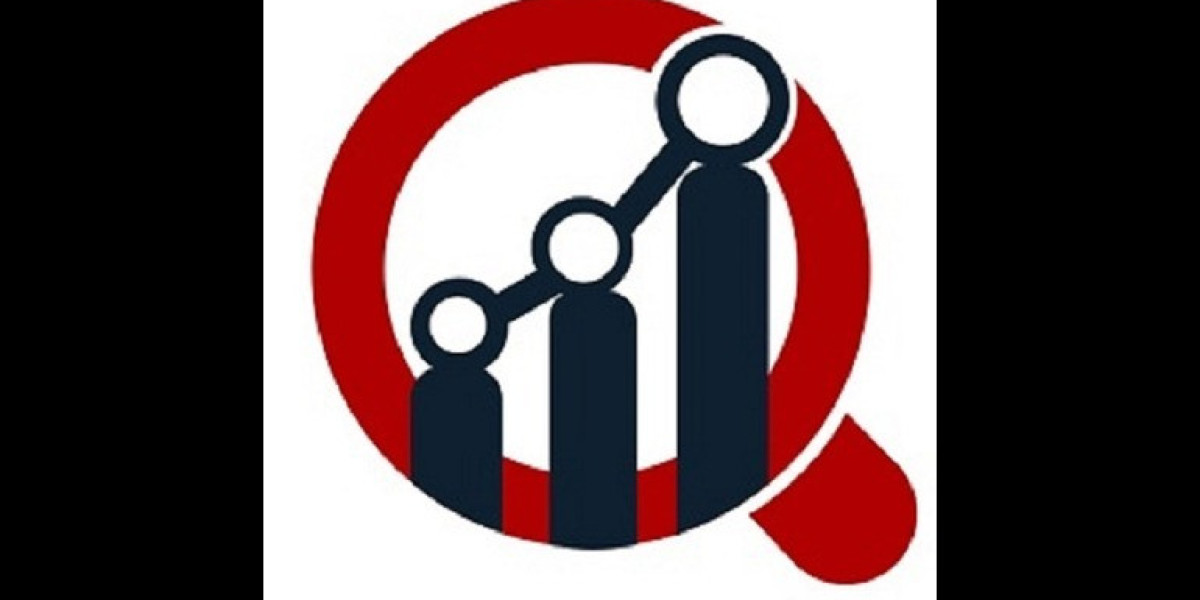Selecting a medical billing consultant is among the most important decisions for every health care practice. Consultant’s expertise, processes, and compliance dictate the accurate billing, prompt reimbursement, and low denial ratio. The landscape of billing today also demands solid technical skills with the capacity to process claims in a timely manner electronically, via EDI (Electronic Data Interchange). Before you sign on with any consultant, it’s critical that you ask the right questions to guarantee your practice will receive the expertise it demands.
What Experience Do You Have in My Medical Specialty?
Medical billing is never one-size-fits-all. Each specialty, including primary care, cardiology, dentistry, behavioral health, surgery, and physical therapy, to name a few, has specific needs and coding methodologies. The more familiar your consultant is with what you do clinically, your documentation style and payer rules, the better the chances are for higher accuracy/ faster reimbursement. Always verify that they have experience in your industry before you bring them on.
What Billing Software and Technology Tools Do You Use?
For cost-effective billing, you need sophisticated technology that syncs with your EHR, follows claim status and automates administrative work. Inquire about their billing systems, reporting software and EDI transaction processing. Advanced software used by consultants provides faster claim turnaround and accurate, real-time eligibility checks, with electronic remittance posting—all crucial elements for financial health.
How Do You Use EDI to Improve Billing Performance?
EDI is an important tool that can help reduce human error in electronic claim filing and speed up the process of paying claims. Every piece of the EDI process, such as batch claim submission, eligibility verification, electronic remit advice and secure data transfer, should all be handled in a professional manner by a knowledgeable medical billing consultant. When used properly and with the best practices in place, EDI will lead to fewer interruptions and increase cash flow.
What Is Your Process for Reducing Claim Denials?
It's essential to have a good denial-management program. Ask how the consultant compares documentation, accuracy of coding, payer guidelines and claims that have been rejected. Successful consultants implement safeguards early in the process, such as pre-submission checks and EDI validation reports, to prevent errors from becoming a problem for insurers.
How Transparent Are Your Reporting and Communication Practices?
You should not have to ever feel in the dark with your own revenue cycle. A trusted consultant provides transparent monthly reports, comprehensive updates about the status of claims, and open communication about trends or other issues. Transparent reporting allows you to make informed decisions with future staffing, scheduling, and financial planning.
What Compliance and Data Security Measures Are in Place?
Medical billing is highly regulated and compliant with standards established within the Health Information Portability and Accountability Act (HIPAA) and data-protection mandates. Ask the consultant how data will be stored and protected, and how information is encrypted or secured as Electronic Data Interchange (EDI). Strong compliance practices protect your practice from costly breaches, legal risk, and damage to its reputation.
What Support Do You Offer Beyond Billing?
Some consultants offer other services, like assistance with workflow, staff education and training, patient billing assistance, or financial forecasting. This type of add-on service can create an even stronger foundation for everyday operations and strengthen the entire patient journey. This is also where you can vet how to improve customer experience, as a good consultant will proactively avoid any confusion for patients, mitigate wait times, and identify points of communication between your front-office and billing teams.
It is crucial to use the right medical billing consultant for a variety of reasons, including accuracy, compliance, and ongoing financial stability. Inquire about their experience, technology, EDI expertise, and service commitment. Partner with a consultant whose approach involves collaboration, transparency, and dependability while looking to the future for every aspect of patient and billing management.








